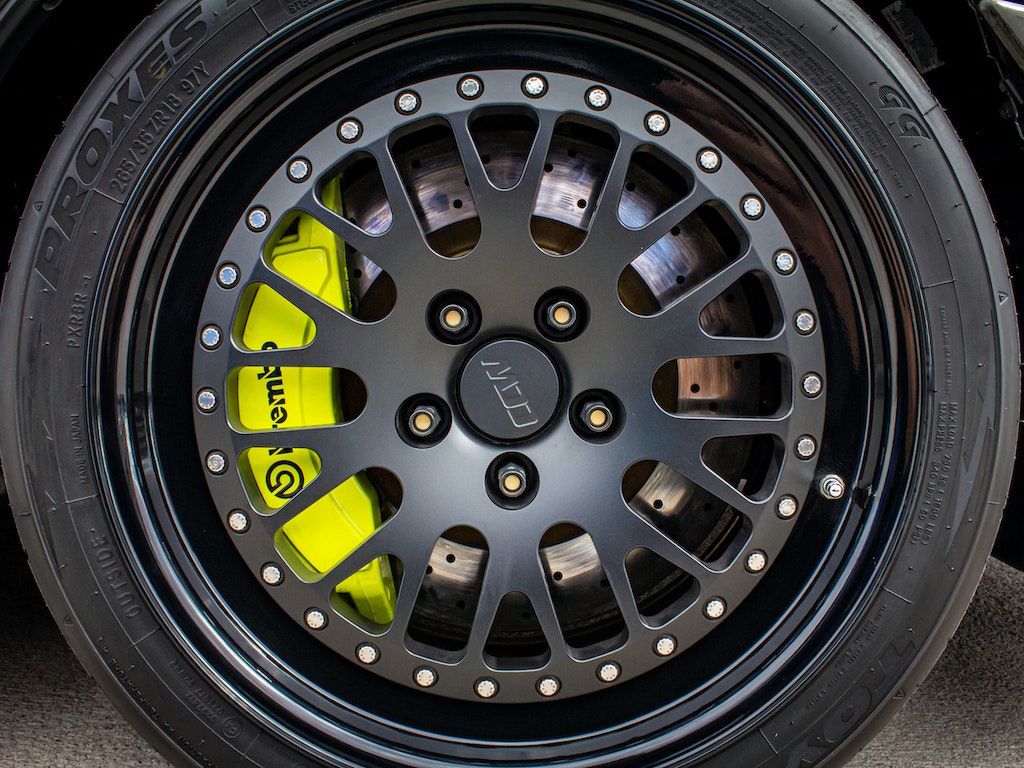When it comes to vehicle maintenance and safety, few components are as important as your tires. The right set of tires can enhance your vehicle’s performance, improve fuel efficiency, and ensure a safe driving experience. As you embark on the journey of buying new tires, it’s crucial to consider a range of factors to make an informed decision. From tire size and type to performance characteristics and budget, this guide will walk you through the key considerations that should guide your tire purchase.
The Vital Role of Tires: Safety and Performance
Tires are the point of contact between your vehicle and the road, influencing everything from traction and handling to ride comfort and fuel efficiency. Therefore, choosing the right tires is essential for your safety and driving experience. Understanding your specific needs and preferences will help you make a choice that aligns with your driving habits and vehicle requirements.
Tire Size: Getting the Right Fit
One of the first things to consider when buying new tires is the size that fits your vehicle. The tire size is indicated by a series of numbers and letters on the sidewall of your current tires. These numbers denote the tire’s width, aspect ratio, diameter, and load-carrying capacity. Ensuring you choose the correct tire size is crucial for maintaining proper handling, braking, and overall vehicle performance.
Tire Type: Matching Your Needs
The type of tire you choose greatly impacts your vehicle’s performance in various conditions. There are different types of tires, including all-season, summer, winter, and performance tires. Consider your driving environment and weather conditions when selecting a tire type. If you encounter harsh winter weather, for example, winter tires can provide the necessary traction and safety.
Tread Life and Warranty: Longevity Matters
Tread life is a crucial consideration when buying new tires. The tread depth directly affects the tire’s grip on the road, especially in wet or slippery conditions. Check the manufacturer’s tread life rating to get an idea of how long the tires are expected to last. Additionally, inquire about warranties, which can offer peace of mind in case your tires wear out prematurely.
Driving Conditions: On-Road or Off-Road
Think about the driving conditions you typically encounter. Do you mostly drive on paved roads, or do you frequently venture off-road? All-terrain tires are suitable for those who need a balance between on-road and off-road performance, while highway or touring tires are designed for smooth and comfortable highway driving.
Budget Considerations: Balancing Quality and Cost
Your budget is an important factor when buying new tires. While it’s tempting to focus solely on the price, remember that tires are a critical safety component of your vehicle. Opting for the cheapest tires might lead to compromises in terms of performance, longevity, and safety. Strive to find a balance between quality and cost to ensure you get the best value for your investment.
Performance Characteristics: Tailoring to Your Needs
Different tires offer various performance characteristics. Some tires prioritize fuel efficiency, while others focus on traction and handling. Performance tires are designed for sportier driving, while touring tires offer a smoother and quieter ride. Consider your driving style and preferences to choose tires that align with your needs.









